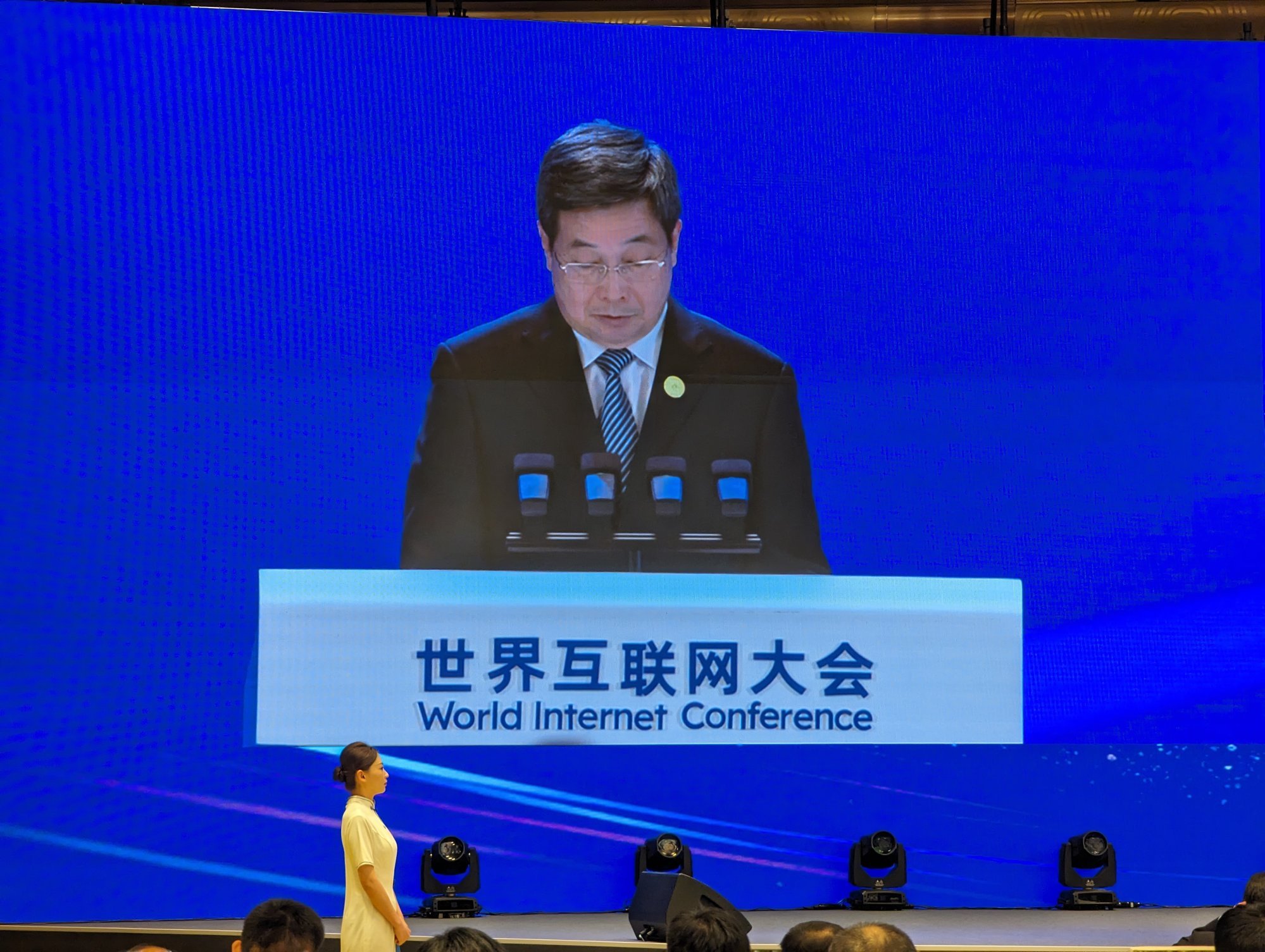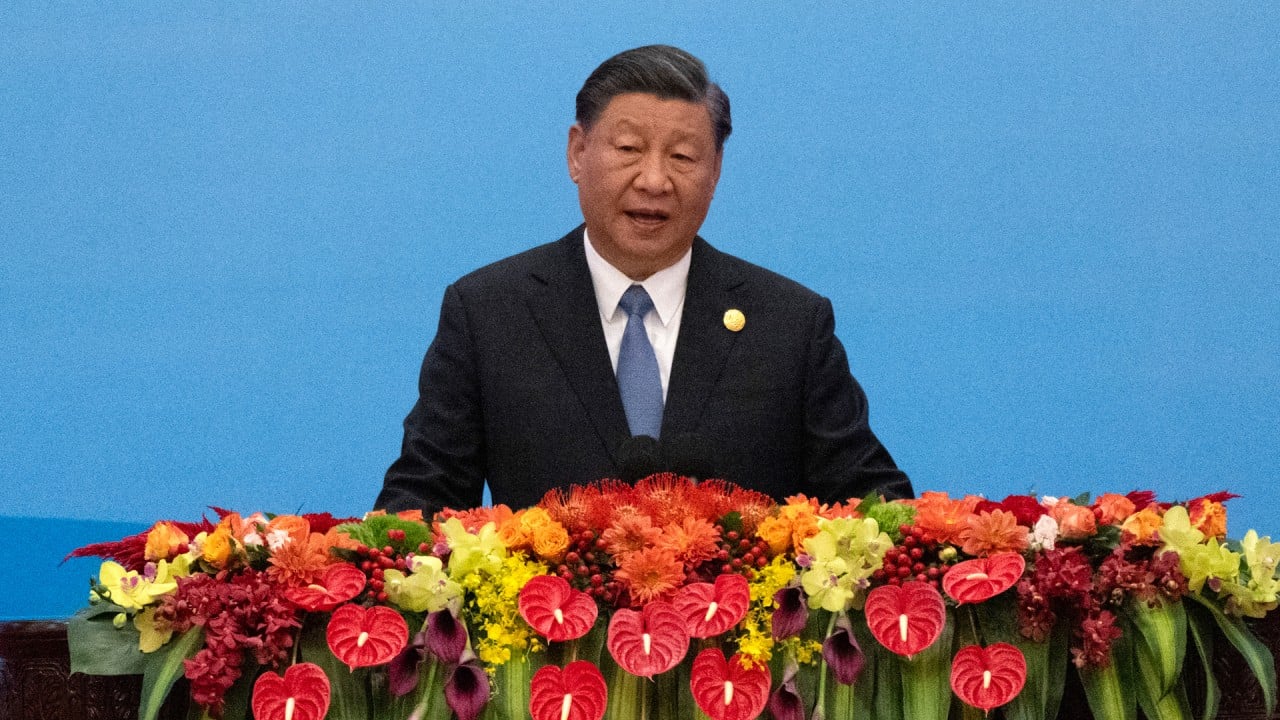
16 Apr Officials promote China-led cyber governance to Belt and Road members during the Digital Silk Road forum in Xian
Chinese government officials on Tuesday trumpeted the country’s progress in shaping digital development models for Belt and Road Initiative (BRI) member states, taking aim at US policies amid an intensifying rivalry with the West.
In keynote addresses to the Digital Silk Road (DSR) Development Forum held in Xian, capital of western Shaanxi province, officials said that, through concerted efforts, China has strengthened and accelerated a series of digital development initiatives across BRI nations.
China has signed a raft of strategic deals with the member states to work together on areas from e-commerce to digital infrastructure, according to Wang Yong, vice-chairman of the 14th Chinese People’s Political Consultative Conference (CPPCC) national committee. “[China will] join hands to cooperate [with BRI nations] to develop an open and inclusive digital economy,” he told the forum.
Xi Jinping champions digital trade as China kicks off e-commerce expo
Xi Jinping champions digital trade as China kicks off e-commerce expo
China will share its developmental dividends of the digital economy with BRI members, Wang added. It will promote mutual connectivity and strengthen the digital supply chain while maintaining an open, fair, non-discriminatory digital business environment, he said.
“As a responsible big nation, China is willing to work together with other countries to further advance our technological sharing and oppose technological blockades and development decoupling … to have digital and smart life benefit more nations and more people,” Wang said.
The forum was co-hosted by the World Internet Conference (WIC) – a Beijing-based agency that promotes China’s vision for cyberspace – and the Shaanxi provincial government. China launched the DSR initiative in 2015 to incorporate digital elements to its BRI plan, with the aim of boosting digital connectivity.

WIC chair Zhuang Rongwen, who also heads the national internet watchdog Cyberspace Administration of China, promoted the country’s internet governance practices, calling for a China-led global digital governance.
“Looking into the future, we should formulate and develop global digital governance norms and standards,” Zhuang said, “advancing policies for the digital economy and cybersecurity … facing challenges and security risks together.”
“The digital technology breakthroughs such as GenAI opened new space for production and our lives but also brought in multiple governance challenges,” Wang said.
He encouraged other nations to join China’s global AI governance initiative announced in October, with the principle of “negotiating, developing, and sharing together” for the benefit of humanity.
Alibaba owns the South China Morning Post.

